FORWARD OPERATING BASE WARRIOR, KIRKUK, Iraq - Provincial leaders in Kirkuk can't control the weather, but they are preparing for it. 2009 marks the fourth straight year the Northern Iraqi province of Kirkuk has received diminished rainfall, according to weather data from the US Air Force. The anticipated drought is expected to hinder the agricultural economic market throughout the province.
Kirkuk has begun new construction project that will help the province through a drought, to combat this problem holding a ground-breaking ceremony to expand the capability of the grain silo in Kirkuk city, was held March 10.
The renovations will drastically improve the capacity of the Kirkuk grain silo, which is expected to assist farmers in enduring future droughts.
"Kirkuk is one of the major centers of the growth and production of grain," said Jim Vancura, the senior agricultural advisor for Forward Operating Base Warrior's Provincial Reconstruction Team. "This silo really is a key node in agricultural production in Kirkuk province."
The present production level at the silo is 35 metric tons of grain per hour.
"We are trying to bring it up to a 100 metric ton-per-hour capacity, which will enable them to process more grain over a shorter period of time," Vancura said.
The grain silo was built in the early 1970s, but the equipment and technology it employs are much older, dating around the 1950s, said Ghassan A. Kadhim, a civil engineer assisting in the renovations.
"In order for Iraq to catch up with the rest of the world, we need to develop our agriculture," said Khadim. "Under the old regime, we were unable to move forward, but we are catching up."
Last year, a drought affected the ability of farmers to provide for their livestock. The Government of Iraq and Coalition forces sustained farmers with cheaper cattle feed during the hottest part of the summer, and at the same time, laid the groundwork for the silo project.
"Last year was a very serious drought, as it is this year," explained Vancura. "As a short-term solution, we obtained some 3,700 metric tons of feed barley. We sold that at under-market prices to the farmers to help sustain and maintain the livestock through Kirkuk province. With the proceeds from that sale, we were able to do this renovation project."
"Last year, the silo helped sustain some 25 percent of local farmer's livestock," said Akram A. Dewana, the manager of General Company for Seeds Trading.
Dewana said the silo renovations will continue to cut the cost of grain, giving great opportunity to 1,945 farms in the area.
"The efficient operation of this silo will reduce the cost of grain for farmers and return money to their pockets," said Dewana.
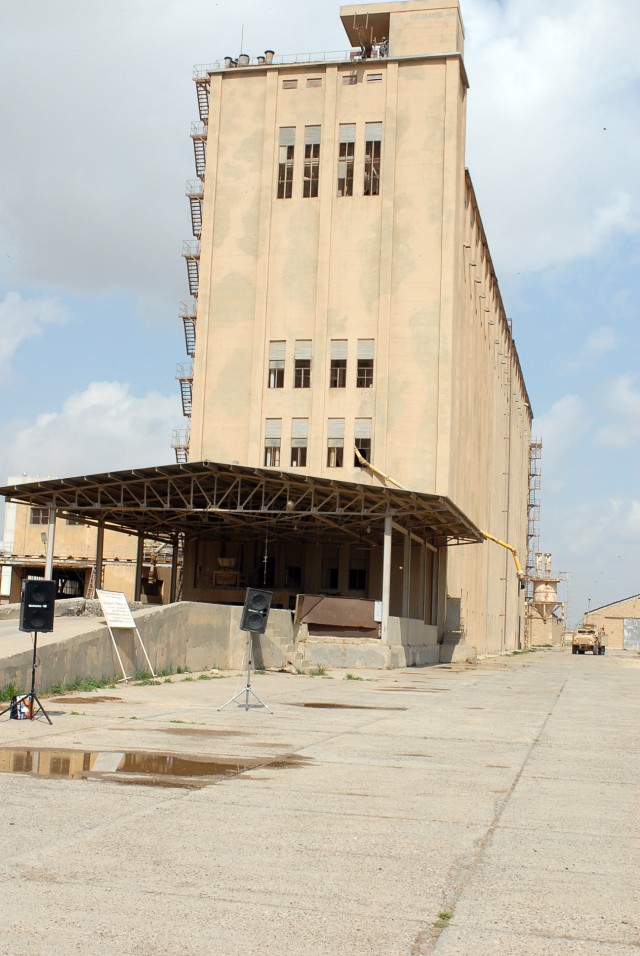
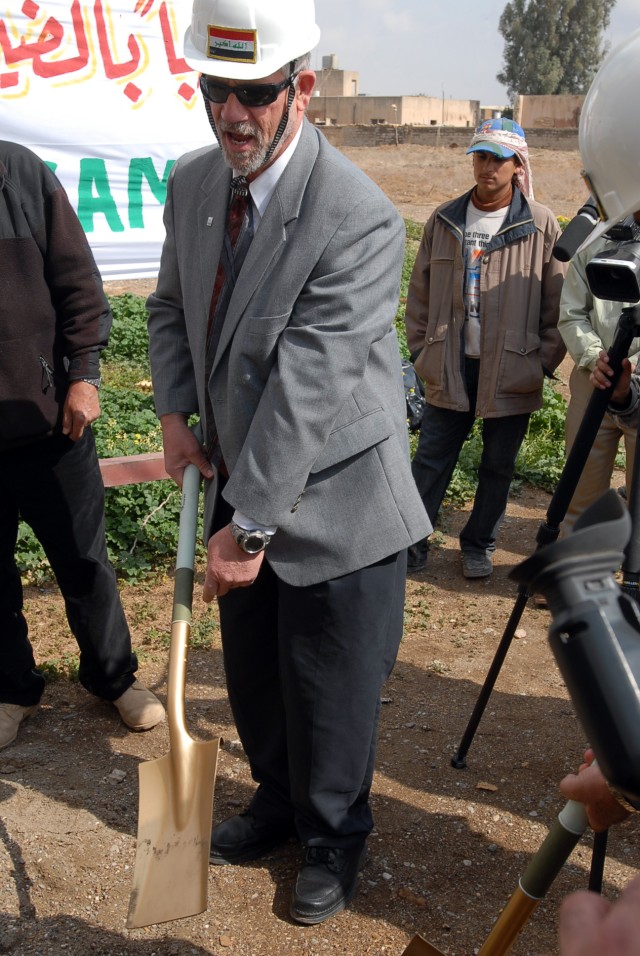
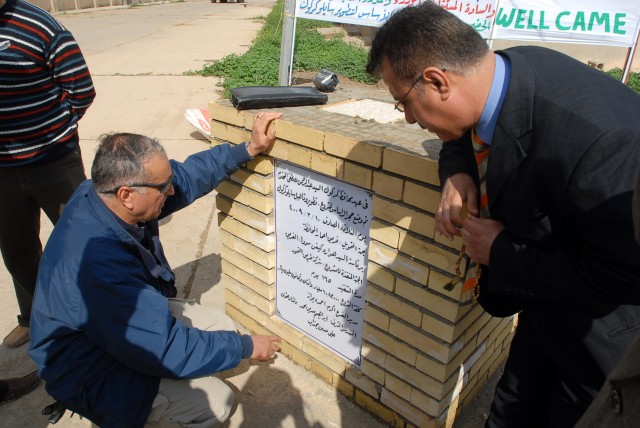
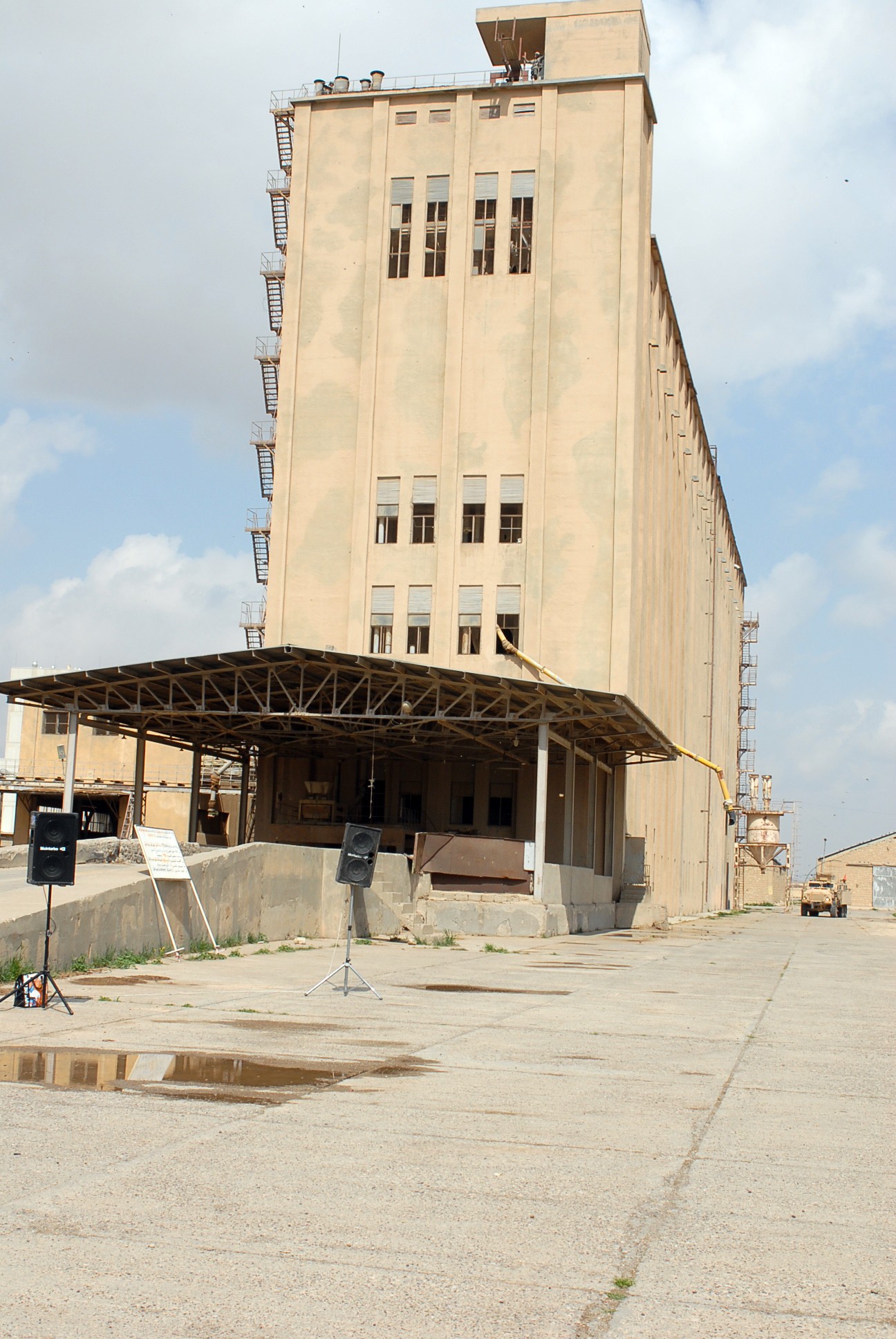
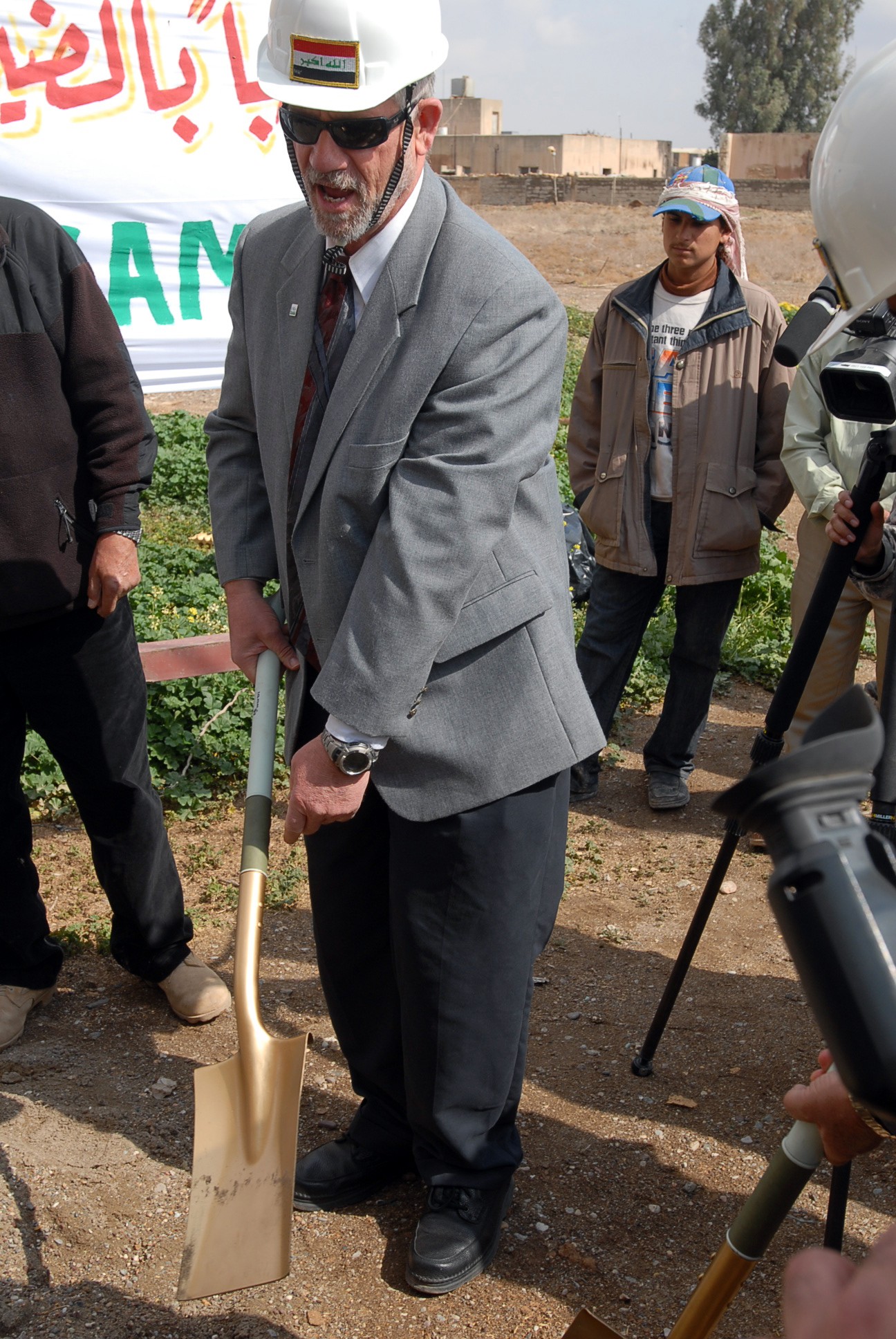
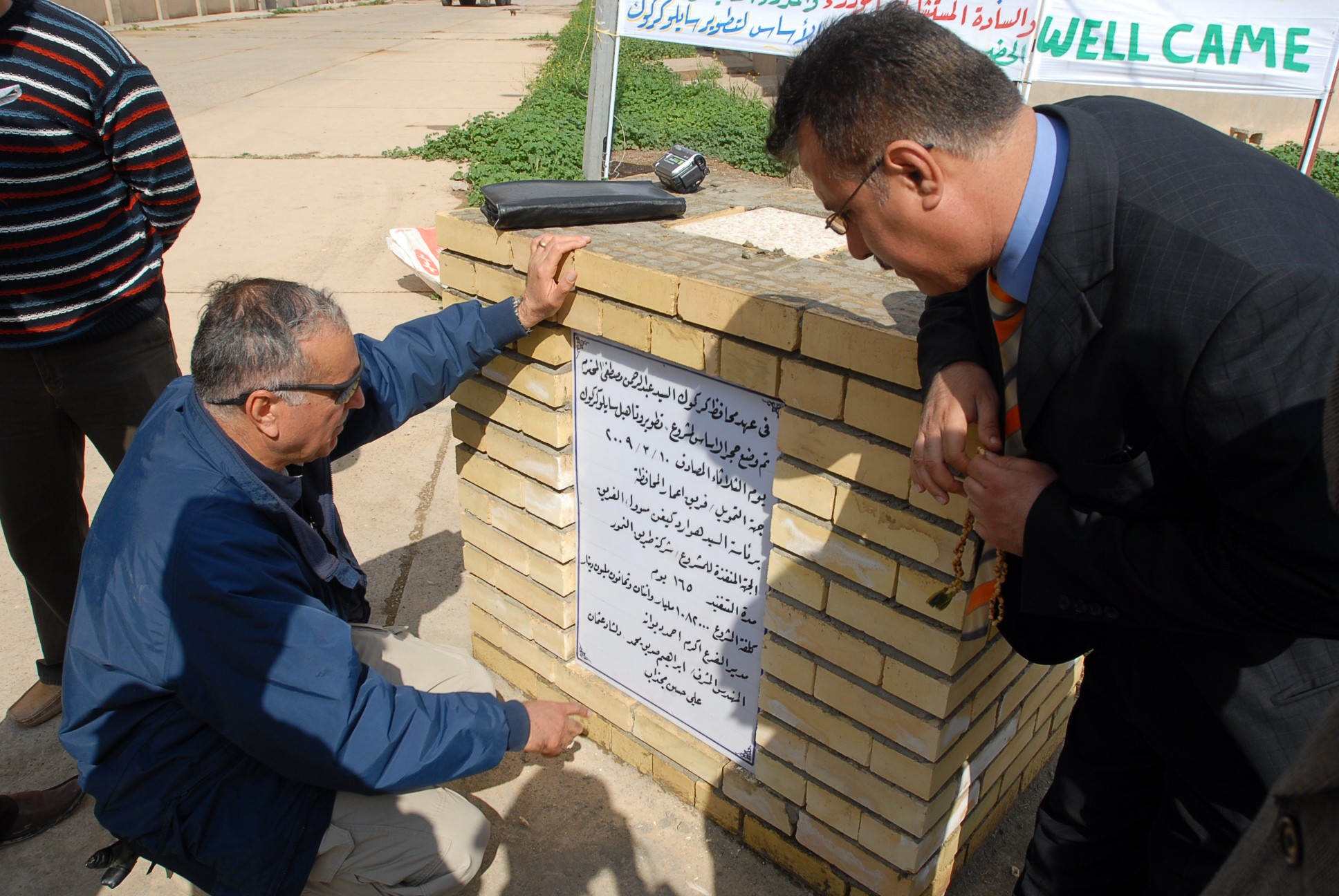
Social Sharing